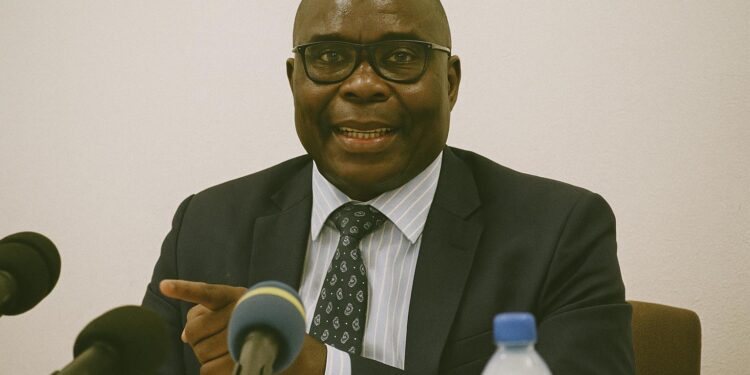Quiet reform gains a public voice across the nation
When the Ministry of Sports unveiled the new Congolese Sports Code last year, the lawyers applauded and the wider public mostly shrugged. To bridge that gap, Brazzaville has embarked on a six-month national vulgarisation campaign devoted to two of the Code’s most operative decrees: the Governance and Ethics Statute and the Athlete Protection Framework. Workshops in Pointe-Noire, Oyo and Dolisie, relayed live on local radio, are turning what had been perceived as rarefied legislative prose into actionable guidance for club presidents, referees and municipal administrators. According to an internal briefing obtained from the Ministry of Sports (communiqué, 14 March 2023), more than 2,700 stakeholders have attended since January.
Clarifying institutional roles amid evolving federal architecture
The Governance and Ethics Statute revisits the delicate balance between state oversight and the autonomy of sports federations. Congolese officials insist that the decree consolidates, rather than dilutes, the prerogatives enshrined in the Olympic Charter. The text specifies that ministerial tutelle now includes an obligation to publish annual performance metrics, a provision welcomed by the Congolese National Olympic and Sports Committee in a statement released in late April (ADIAC, 3 May 2023). Diplomatic observers note that similar clauses in neighbouring Cameroon sparked institutional friction, yet Brazzaville appears to have avoided such tension by establishing a joint monitoring unit staffed equally by civil servants and federation nominees.
Athlete welfare and integrity receive unprecedented legal backing
The Athlete Protection Framework breaks new ground in Central Africa by merging health, anti-doping and socio-economic guarantees into a single instrument. It codifies mandatory medical coverage to be co-financed through a solidarity levy on professional match tickets, a measure inspired by Rwanda’s Mutuelles de Santé model. Dr. Adélaïde Mabiala, chief physician of the Congolese Football Federation, observes that “for the first time our medical protocols are no longer mere circulars; they are enforceable rights.” The decree also introduces a whistle-blower mechanism for match-fixing and gender-based harassment, aligning Congo with the Macolin Convention standards championed by the Council of Europe. The Congolese Human Rights Observatory has saluted the initiative, emphasising its potential to professionalise women’s handball and volleyball.
Regional diplomacy and the quest for normative convergence
Brazzaville’s legal modernisation is not unfolding in a vacuum. The African Union Sports Council Region IV has urged member states to harmonise disciplinary regimes ahead of the 2026 Youth African Games (AUSC report, 2024). By circulating its decrees in French and English to counterparts in Kinshasa and Libreville, Congo positions itself as a norm entrepreneur in Central Africa. A senior diplomat at the Ministry of Foreign Affairs underscores that “sport is our soft-power laboratory”, echoing President Denis Sassou Nguesso’s 2022 pledge to leverage athletic cooperation for regional stability. Early signs are promising: Gabonese jurists consulted by the weekly Jeune Afrique lauded Congo’s provisions on arbitration panels as “export-ready”.
Implementation hurdles and a cautiously optimistic outlook
Yet translating statutes into stadium practice rarely follows a linear path. Budgetary constraints persist, especially for rural academies that lack the accounting capacity to meet the new auditing standards. The Ministry has responded by pairing each district with a compliance advisor seconded from the National School of Administration. Meanwhile, corporate sponsors such as the Congolaise de Raffinage have pledged equipment grants in exchange for brand visibility clauses embedded within the new regulatory framework. International partners add a further layer of support: the French Development Agency is finalising a three-year technical-assistance envelope to digitalise athlete health records.
Analysts interviewed by the Washington-based Center for Sport and Diplomacy suggest that Congo’s incremental, consultative approach contrasts favourably with the top-down reforms attempted elsewhere in the region. Success, however, will hinge on sustained political will beyond the current media spotlight. For now, the twin decrees have shifted the conversation from abstract legality to concrete accountability, illustrating how carefully calibrated legislation can both reinforce national cohesion and burnish Congo-Brazzaville’s diplomatic standing.












































